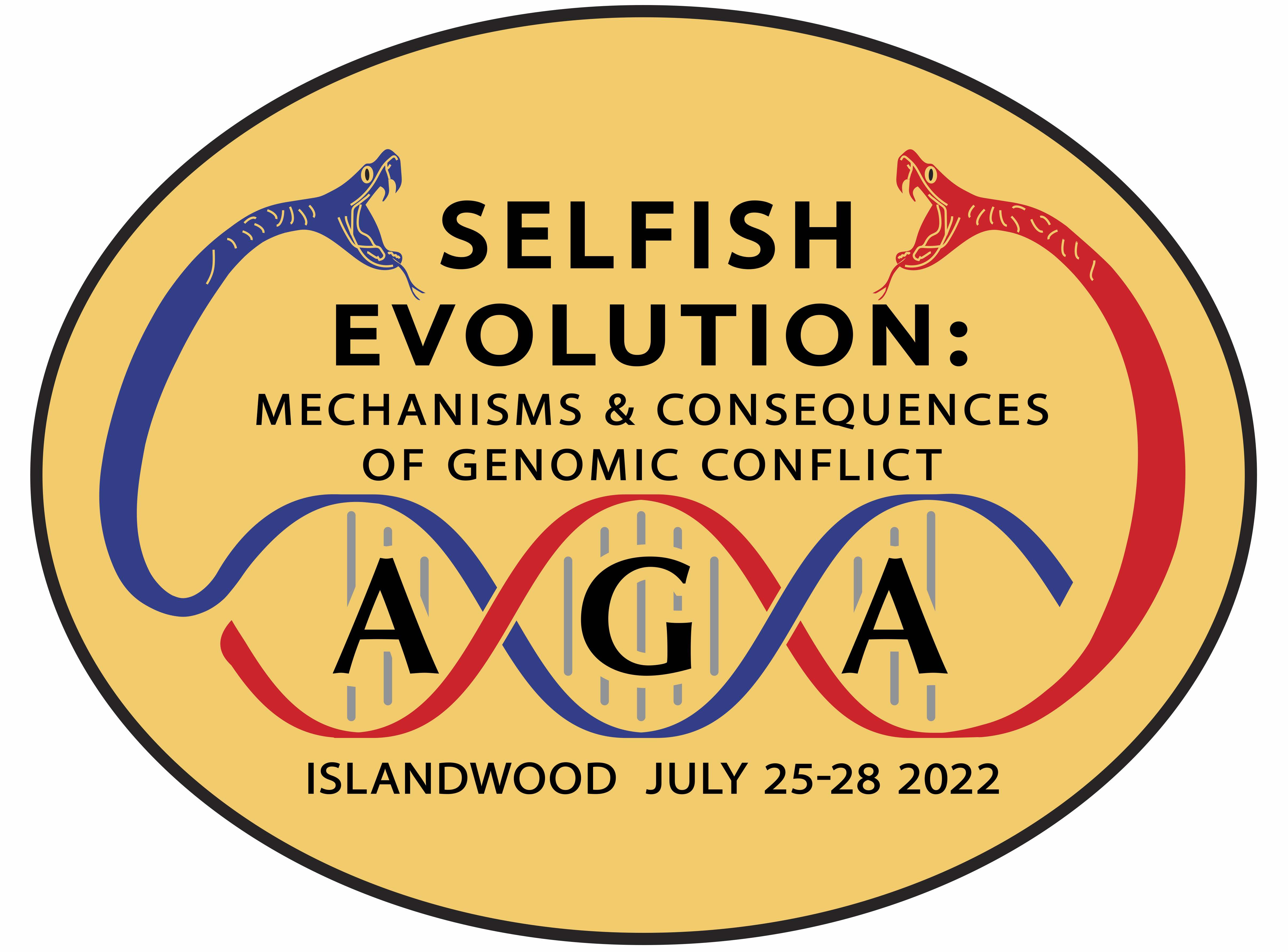
Natural selection is largely a numbers game, and diverse genetic elements have evolved to gain greater-than-random transmission via mechanisms other than (and potentially detrimental to) individual fitness. Selfish genetic elements, and the selection they exert through individual costs and compensatory/suppressor evolution, contribute to population fitness and phenotypic variation, promote species barriers and diversification, and shape the deep evolution of genome architecture and cellular processes.
AGA Symposia are small meetings that provide excellent opportunities for cross-stage interaction, and the American Genetic Association is committed to supporting early-stage attendees.
Granlibakken Tahoe, California